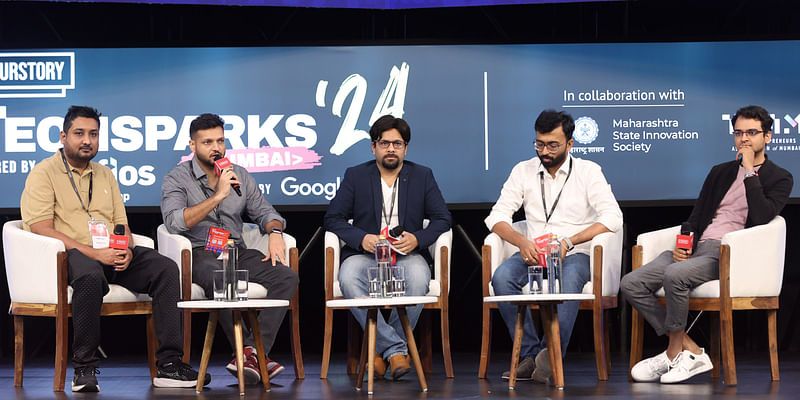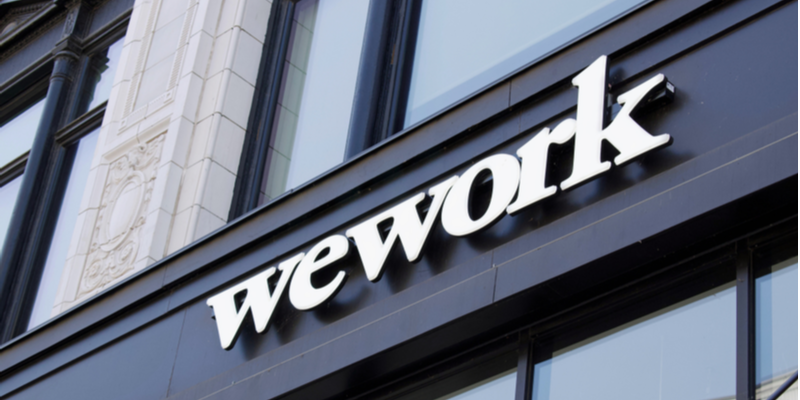Does Web3 need crypto to succeed? Blockchain experts explain
At TechSparks Mumbai 2024, Harsh Rajat of PUSH Protocol, Parth Chaturvedi of CoinSwitch Ventures, and Mridul Gupta of CoinDCX, and Saurav Raaj of Tokenize decoded how necessary crypto tokens are to Web3 startups.
In the last few months, the crypto asset market has soared, reaching around $2.7 trillion in market cap at the time of writing this article.
However, the question remains—how necessary are these crypto tokens to the blockchain/Web3 startups that create them? How does crypto help these blockchain startups solve the problems they are going after?
To shed light on this, four Web3 leaders—Harsh Rajat (Founder, ), Parth Chaturvedi (Investments Lead, Ventures), Saurav Raaj (Founder, ), and Mridul Gupta (COO, )—joined a panel discussion at TechSparks Mumbai 2024, titled 'Hot takes: Can Web3 succeed without crypto?'
The panellists made a distinction between various types of crypto, highlighting the stark difference in their use cases.
"Different types of crypto address discrete problems. For example, Bitcoin (BTC) is a store of value. Stablecoins have been applied to fintech use cases in Web3, and altcoins all have their own various use cases," said Mridul Gupta, COO of CoinDCX.
Highlighting Ether (ETH)—the native token of the Ethereum blockchain—Parth Chaturvedi, Investments Lead, CoinSwitch Ventures, said, "While BTC is like digital gold, ETH is like digital oil."
"You need ETH as fuel to run the decentralised computer known as Ethereum. On top of this, you can build decentralised apps (DApps), whose transaction fees are denominated in ETH," he added.
The panel moved on to discuss non-crypto use cases of blockchain, highlighting those where a cryptocurrency may not be necessary, including use cases in digital identity, land records, civil complaint systems, and more, which are increasingly stored on-chain.
"Further, even an illiquid asset, such as a building, can become tokenised and put on-chain, allowing for automated trust between buyers and sellers and quick settlement of transactions on the same chain," said Saurav Raaj, Founder of Tokenize.
Adding, "There is also progress on Central Bank Digital Currencies (CBDC), where Peer-to-Peer (P2P) use cases be enabled on-chain."
Harsh Rajat, Founder of PUSH Protocol, explained that Web3 startups may not need a token in the early stages of their journey.
"Startups need to define what they are solving for. After they have built their products to a stage where they need other people (and the community) to run it, then they can attach a token as an incentive," he said.
Rajat brought up the example of Uniswap, the decentralised crypto exchange protocol, which achieved product-market fit first and later introduced a token to make the protocol publicly owned.
The panel also discussed permission use cases of blockchain, wherein only selected participants transact on-chain, and where there is no need to incentivise the public.
"If you want to create a distributed ledger that will be used by banks, it doesn't need to be an open network. Even Digi Yatra uses blockchain in the background. There is no need to involve an economic incentive to align new participants," said Chaturvedi.
Edited by Suman Singh











